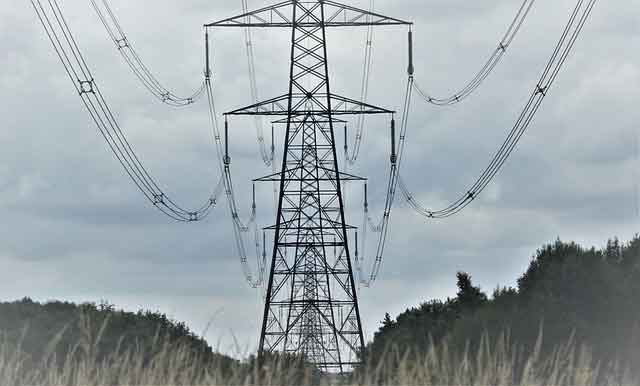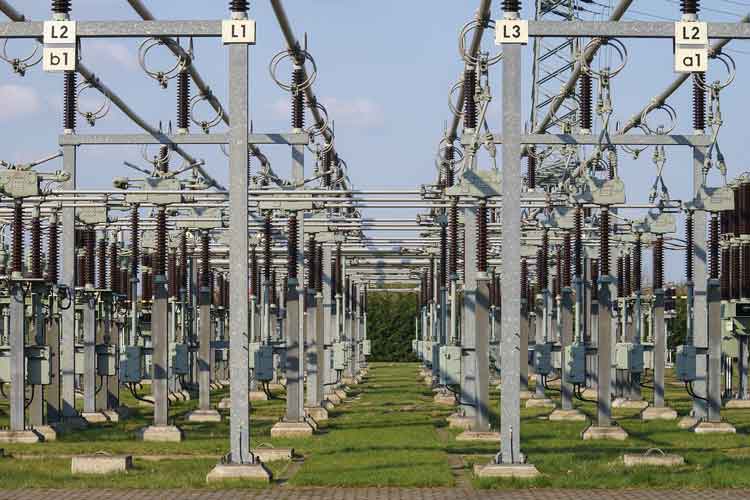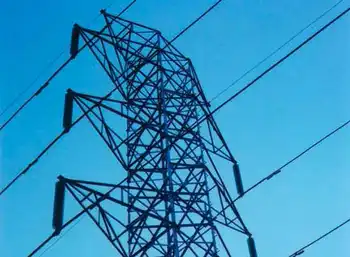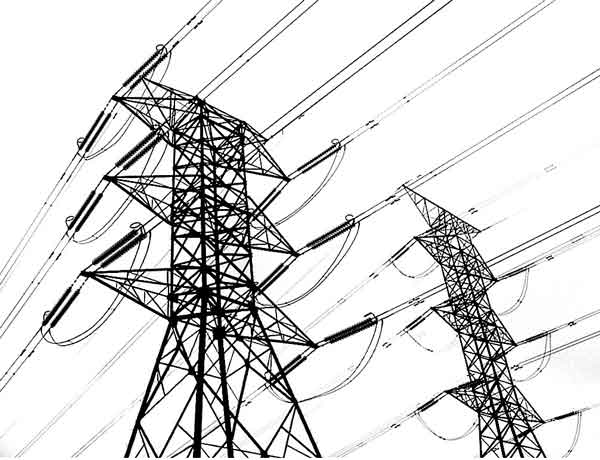What is plan for clean energy when Pickering nuclear plant closes?
Protective Relay Training - Basic
Our customized live online or in‑person group training can be delivered to your staff at your location.

- Live Online
- 12 hours Instructor-led
- Group Training Available
Pickering Clean Energy Replacement maps GTA strategies to replace nuclear capacity with renewables, energy efficiency, demand response, off-peak EV charging, and distributed energy resources to cut emissions, curb natural gas use, and strengthen grid resilience.
Key Points
A plan to replace Pickering with renewables, efficiency, and DERs to avoid gas and keep the GTA grid low-carbon.
✅ Targeted efficiency to cut peaks and defer grid upgrades
✅ Distributed solar + storage, microgrids for resilience
✅ Demand response and off-peak EV charging to limit gas
In the flurry of debate around the Pickering nuclear plant and its future, the one thing that almost no one has talked about is what to do when it finally closes.
Pickering has been providing climate friendly electricity to Ontario — particularly to the Greater Toronto Area — for almost half a century but will retire by 2025. When it does, the default response will be to increase electricity generation from natural gas, which alone would more than double climate change emissions from electricity.
Ontario is justifiably proud of its low-emission power, with 95 per cent coming from clean sources, a fact celebrated in the government’s environment plan and its broader embrace of clean power across the province. It would be a shame to backslide now and increase emissions.
Since Pickering’s closure was decided, no plan has been developed to replace it with non-emitting solutions despite a growing electricity supply gap identified by recent studies. Many municipalities in the GTA have ambitious emissions-reduction targets. The GTA needs to consider how it will keep its electricity system clean.
According to Pollution Probe’s new report, “Replacing Pickering: The Next Step in the GTA’s Clean Energy Transition,” funded by The Atmospheric Fund and released Wednesday, filling the post-Pickering gap by 2025 with clean electricity solutions is an ambitious but achievable goal.
Pollution Probe brought together utilities, government, industry and civil society to discuss options for 2025. There is agreement that increasing energy efficiency and developing small scale clean electricity solutions could fill the gap.
Reducing demand will be key. Ontario has improved energy efficiency over the years, helping reduce consumer bills and the need for new electricity, and this should continue. But we need to target energy efficiency where it can provide the greatest value, like specific areas of the grid where reducing demand could avoid the need for new utility infrastructure, or during times of high demand across the province (e.g., midsummer) when the alternative would be to burn more natural gas.
We cannot, of course, conserve our way out of needing more power. Renewable energy has had bad press in Ontario due to high costs, but the market has shifted. Renewables, developed in a way that provides value to the grid, are now often the lowest-cost option.
These actions provide benefits beyond reducing emissions — including building resiliency to extreme weather and local economic development.
There is an opportunity to keep our clean, affordable electricity while also saving consumers money. To get there, Ontario’s energy policy, market and regulatory systems need to be updated. In the short-term, electric vehicle owners can benefit by shifting charging to low-demand hours. Utilities should properly consider the cost and benefits of conservation and small clean energy systems and compensate appropriately for all the value they can add.
We have solutions to help Ontario retain its clean power supply, which is important for all Ontarians, not just those in the GTA. However, for an effective transition, political commitment to supporting these goals is needed.











